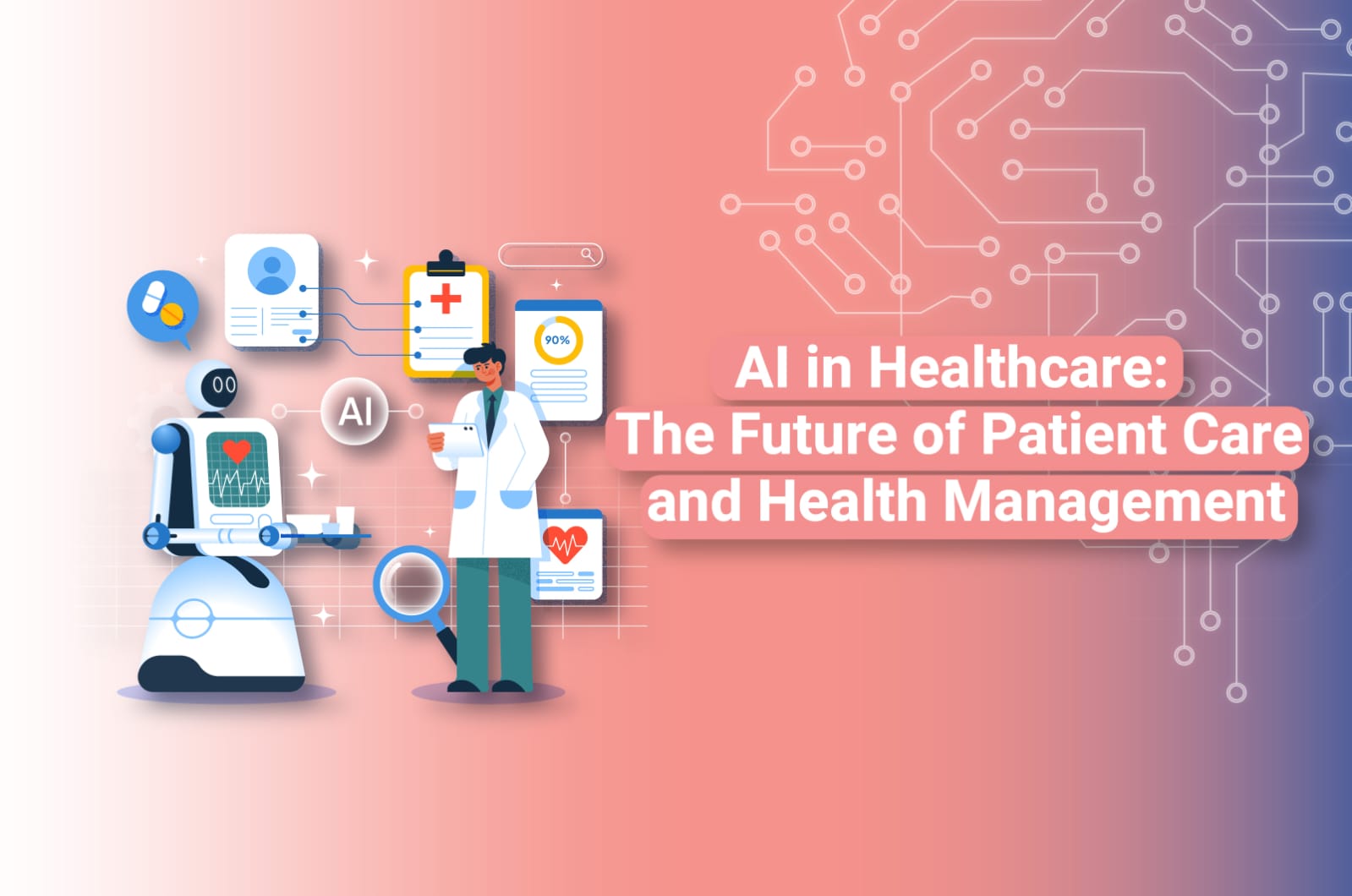With the widespread media coverage in recent months, you’ve likely heard about artificial intelligence (AI) — technology that enables computers to do things that would otherwise require a human’s brain. AI has the potential to revolutionize many industries, including healthcare. In fact, AI is already being used in various healthcare applications, from preventive care to diagnostics and treatment.
Preventive Care
One of the key areas where AI is making a significant impact is in preventive care. Cancer screenings that use radiology, like mammograms or lung cancer screenings, can leverage AI to help produce results faster. AI algorithms can analyze medical images and identify patterns or anomalies that may be indicative of cancer. This can help healthcare professionals detect cancer early when it is more treatable.
Another example of AI in preventive care is the use of wearable devices. These devices can collect data on a person’s activity levels, heart rate, sleep patterns, and more. AI algorithms can then analyze this data and provide insights into a person’s overall health and well-being.
For example, AI can detect patterns that may indicate a person is at risk for developing a chronic condition, such as diabetes or hypertension. This early detection can help healthcare professionals intervene and provide appropriate interventions to prevent the onset of these conditions.
Saving Time For Healthcare Professionals
One of the key things that AI may be able to do to help healthcare professionals is save them time. AI algorithms can analyze large amounts of data in a fraction of the time it would take a human to do the same task. This can free up healthcare professionals to focus on more complex tasks that require their expertise.
For example, AI can help automate administrative tasks, such as scheduling appointments or processing insurance claims. AI-powered chatbots can also assist patients with basic inquiries, such as finding a nearby healthcare provider or answering questions about medication. This can help healthcare professionals focus on providing direct patient care.
Advancing Medicine and Public Health
So, how can AI technology advance medicine and public health? One of the key benefits of AI is its ability to analyze large amounts of data and identify patterns or trends that may not be immediately apparent to humans. This can help researchers and healthcare professionals gain new insights into diseases and develop more effective treatments.
For example, AI can analyze genomic data to identify genetic markers that may be associated with certain diseases or conditions. This can help researchers develop targeted therapies that are tailored to an individual’s genetic profile.
AI can also analyze population-level data to identify trends or patterns that may be indicative of a public health issue. This can help public health officials develop strategies to prevent the spread of disease or improve overall population health.
AI Technology and You
So, what can AI technology in healthcare do for you? AI has the potential to improve the quality of care you receive and make healthcare more personalized and tailored to your individual needs.
For example, AI algorithms can analyze your medical history, genetic profile, and lifestyle factors to develop a personalized treatment plan that takes into account your unique needs and preferences.
AI can also help healthcare professionals make more accurate diagnoses. By analyzing large amounts of patient data, AI algorithms can identify patterns or anomalies that may be indicative of a specific condition.
This can help healthcare professionals make more informed decisions about your care and ensure that you receive the most appropriate treatment.
Ai Assisting, Not Replacing, Healthcare Professionals
The American Medical Association commonly refers to “augmented intelligence,” which stresses the importance of AI assisting, rather than replacing, healthcare professionals. While AI has the potential to automate certain tasks and improve efficiency, it is not intended to replace human healthcare professionals.
In the case of current AI applications and technology, healthcare professionals are still needed to provide clinical context for the algorithms that train AI. Healthcare professionals have the knowledge and expertise to interpret the results generated by AI and make informed decisions about patient care.
Despite the potential for AI to save time for healthcare professionals, AI isn’t intended to replace humans. AI technology should be seen as a tool to enhance and augment the work of healthcare professionals, rather than replace them.
The Future of Healthcare
What you might not know is that AI has been and is being used for a variety of healthcare applications. From chatbots that can provide basic medical advice to AI algorithms that can analyze medical images and detect diseases, AI is already transforming the practice of healthcare.
However, there are still challenges that need to be addressed for AI to reach its full potential in healthcare. One of the key challenges is ensuring that AI algorithms are trained on diverse and representative datasets. This is important to ensure that AI algorithms are not biased and can provide accurate and reliable results for all patients.
Another challenge is the need for robust data governance and privacy policies. AI algorithms require access to large amounts of data to be effective. However, this data needs to be collected and stored in a way that protects patient privacy and complies with relevant regulations.
Conclusion
AI has the potential to revolutionize the healthcare industry. From preventive care to diagnostics and treatment, AI can improve the quality of care patients receive and make healthcare more personalized and tailored to individual needs.
However, it is important to recognize that AI is not intended to replace healthcare professionals, but rather to assist and augment their work. With the right policies and safeguards in place, AI has the potential to transform patient care and health management.
